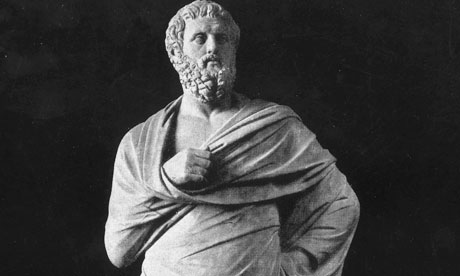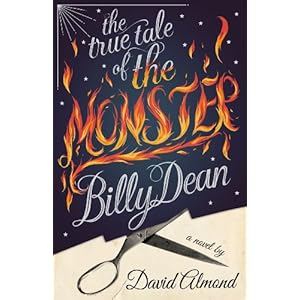 |
| Ruby is on the case |
Lauren Child, the creator of those loveable, well-spoken siblings Charlie and Lola, is at her best when she tells stories that fold in on themselves.
In Beware of the Storybook Wolves, fairy tale creatures emerge from the pages of a book to cause havoc.
In Whose Afraid of the Big Bad Book?, little Herb actually falls into a collection of fairy stories, and has to run for his life from the Ugly Sisters, the evil stepmother and a very shouty Goldilocks.
For her new project, Ruby Redfort – Look Into My Eyes, Child delved into one of her own books for inspiration: Clarice Bean, That’s Me.
Clarice is a sassy, streetwise Londoner with a big, fun family, whose adventures have spanned both picture books and novels. Along the way her fans have become familiar with one of her own, fictional heroes.
 |
| Charlie and Lola |
“I invented Ruby Redfort for the first Clarice Bean book,” Child explains.
“Clarice would quote her: but it was always just absolute nonsense. Clichéd stuff like: ‘Gee Rube, you think there’s something in that?’ It was meant to be stupid and pulp fictiony.
“I did it partly because of the debate around children’s literature: that things have to be worth reading, have a message. I get asked that question all the time: what is the message in my books? But I think it is fine to be reading something simply because you enjoy reading.
“Then I started getting emails from Clarice Bean fans asking where they could get Ruby Redfort books, because ‘they sound really good!’”
As the clamour for Ruby grew, Lauren started to think of how she might give
shape to what was really just a comic aside.
“I realised you couldn’t write them in a trashy way, because it would be too boring for everyone including me. So they have to be a bit more complicated,” she says.
“I’d never had to make anything I’d quoted from the Ruby books make any sense. But when you write it, it has to work like a real crime plot, however silly it is it. I realised how difficult it is to write plotted crime fiction like that. It is really hard.”
“I realised you couldn’t write them in a trashy way, because it would be too boring for everyone including me. So they have to be a bit more complicated,” she says.
“I’d never had to make anything I’d quoted from the Ruby books make any sense. But when you write it, it has to work like a real crime plot, however silly it is it. I realised how difficult it is to write plotted crime fiction like that. It is really hard.”
Child drew on Raymond Chandler, her childhood love for Agatha Christie, as well as modern crime giants Lee Child and Stieg Larsson for inspiration to create a world in which an 11-year-old girl with an active imagination could be a detective who fights crime.
With one character called Clancy Crew, I wondered if she was also thinking about another girl crime fighter from a different era: the clean cut American heroine, Nancy Drew.
“I didn’t even think about that, I really didn’t,” she laughs, sounding genuinely surprised by the similarity.
“I never actually read the Nancy Drew books but my sister was a big fan and I was very aware of them. I was certainly thinking about that whole thing of what was interesting about Nancy Drew for my sister. I imagine the name got embedded somewhere in my brain.”
* Ruby Redfort – Look Into My Eyes, is our now in hardback. Harper Collins £12.99











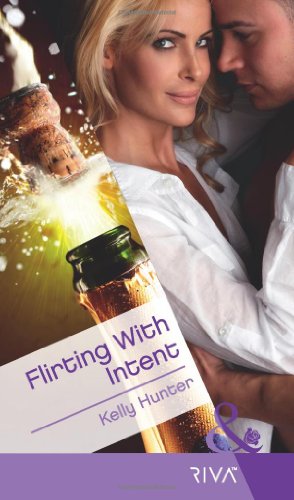



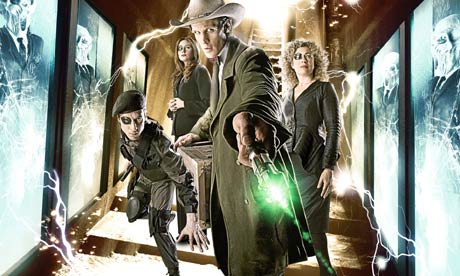


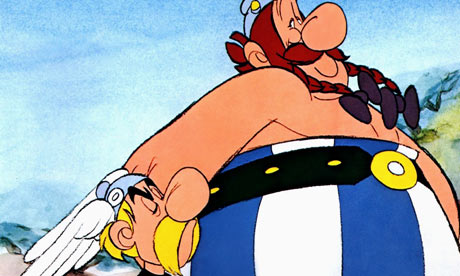



.jpg/190px-Bradley_Manning_2_(cropped).jpg)
